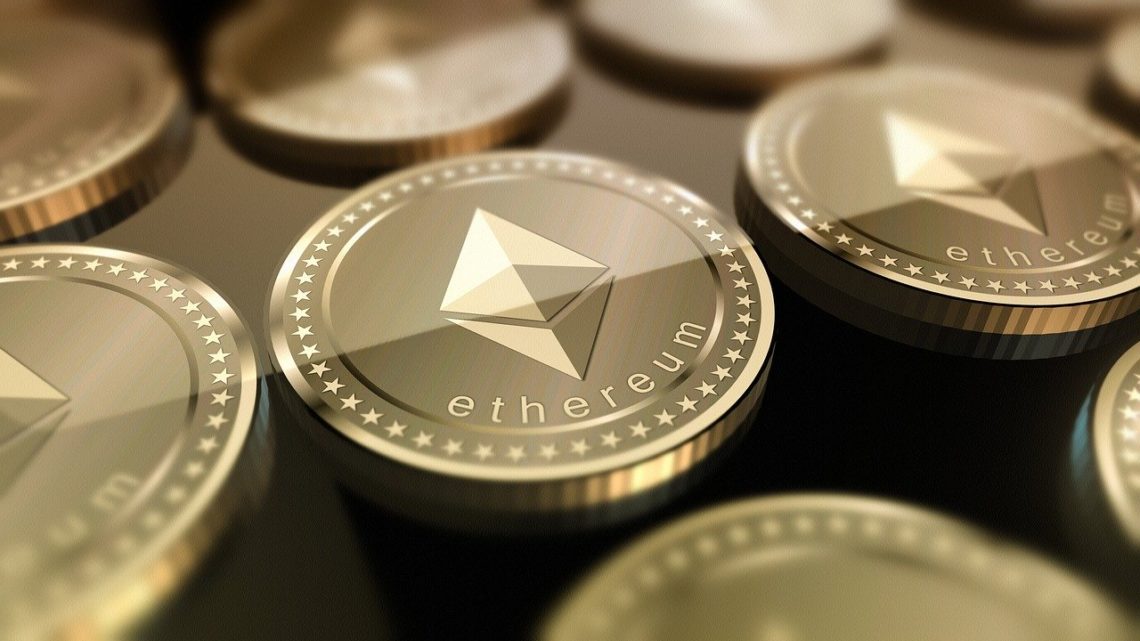- Ethereum EIP 1559 is expected to be released in the mid of the next month
- The change to the algorithm has been proposed in 2019 since then, and it remained a bigger controversial topic
- The change promises to reduce the transaction cost, but many don’t believe that the change could affect the cost incurred
- The algorithmic change can bring economic instability and a more predictable monetary policy in the network
- EIP 1559 can reduce the mining rewards that could cause miners to try to attack the network
- The change will not allow resolving the issue of earning MEV from different sources
Ethereum is the second-largest cryptocurrency in terms of market capitalization as per CoinMarketCap. On Friday, Ethereum developers proposed three test network releases for London. Ropsten is the first of the three test-nets, which will undergo a backwards-incompatible upgrade at block number 10,499,401. Notably, the block number is expected to be mined on the coming Thursday.
What is Ethereum’s EIP 1559 proposal?
The Ropsten test net will include five algorithm changes which are also known as Ethereum Improvement Proposals (EIPs). The proposal comes with new JSON RPC endpoints and will introduce changes to the block header, add a new transaction type, and change clients’ behaviour in many aspects like mining, transaction pool, and others.
Notably, out of the five EIPs dubbed London EIP 1559 has been observed to be the most anticipated and controversial one. Moreover, the proposal was made back in 2019.
What makes EIP 1559 controversial?
EIP 1559 change in the code is expected to minimize the base fee for sending transactions of the Ether blockchain. Such fees are dynamically adjusted based on the network activity and demand for blocks.
Since the proposal for EIP 1559 was made, several misconceptions were observed in the cryptosphere. Notably, many were concerned due to the use and impact of the code on end-users, miners, and investors. In the current scenario, there are four myths relating to the particular code change which CoinDesk noted.
Could EIP 1559 reduce high fees on Ether?
One of the four myths is that Ethereum EIP 1559 can make transaction fees less volatile and more predictable at its core. In the current scenario, the random system for determining fees on Ether, the cost for making transactions can rise. Indeed, the factor depends on the ups and downs of the entire market.
Under the controversial EIP proposal, fees will be regulated to fluctuate based on block space. According to CoinDesk, by developing an algorithmic model to automatically adjust costs by a factor of 1.125x at most per block space.
However, experts have considered that this change to algorithms will not reduce the transaction fees on the ETH blockchain.
Can a code change make the network’s monetary policy more predictable?
In the list of myths regarding EIP 1559, the second is the monetary policy’s prediction. Many were concerned whether the change could make Ethereum monetary policy more predictable.
The proposed change introduces a fee-burning mechanism that will permanently remove coins from circulation. Despite distributing the coins among miners, burning can ensure there is no financial incentive for miners to congest the blockchain artificially. Moreover, the factor will also help to keep the base fee high.
Notably, the burning of coins can strengthen a BTC-like narrative of limited supply to the investment case of Ethereum. Still, it is challenging to predict how much Ethereum coins could burn.
However, the mechanism is expected to make monetary policy more unstable in a longer timeframe. Ultimately, the aforementioned factors will bring economic instability to the blockchain by making it impossible to control what the total supply of Ethereum will remain.
EIP 1559 could force Ether miner to quit and attack
It is expected that the change in the code could cause miners to lose 20%-35% of their income. Following the scenario, miners have submitted petitions on Ethereum to stop the change in its current form from being accepted. Additionally, the miners will see an increase in their income from other sources if the proposed changes. Ultimately, the adjustments on the network will remain, and the competition for rewards will get more equitable.
Despite the opposition, the release date is set in July, and a question arose whether the miners could potentially resist the London change. If the miners resist, they will have to shut down their machines, weakening the network’s security.
Read More: Three Ethereum Testnets all set to launch in June
Read More: Ethereum Classic needs a change to surpass Bitcoin and Ethereum
Notably, experts believe there are numerous reasons why the miners will sabotage the network. The primary reason behind the could be generated scenario is miners would have to forgo rewards they might have otherwise earned by enhancing the rigs and continuing operations. On the other hand, it is known that the miners have a little runaway on ETH and will forgo 100% rewards if the network shifts to Proof-of-Stake.
Will the change in the code resolve the issue of MEV?
On the Ethereum blockchain, miners of ETH coins are consistent with a fixed block subsidy and fees. Hence, due to the growing popularity of high-frequency trading on decentralized platforms, the miner’s income from Miner Extractable Value (MEV) has become profitable.
According to Flashbots’ daily income of miners from MEV has surged to $6 million from half a million since the beginning of this year.
Quantifying MEV is a challenging task, as miner income made from transactions within a block can come anytime a user interacts with another user or application on the network. Ultimately, the change of EIP 1559 could reduce the ability of miners to rely on the transaction cost as a way to extract MEV. However, the ability for the miners to order transactions and thereby earn MEV via different options will remain unchanged. According to Philip Daian, the transaction costs paid by users for inclusion are actually a very small drop from the eventual market.


 Home
Home News
News









